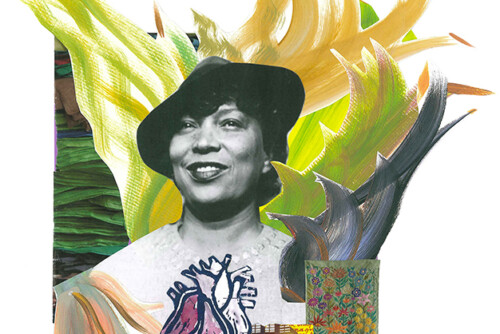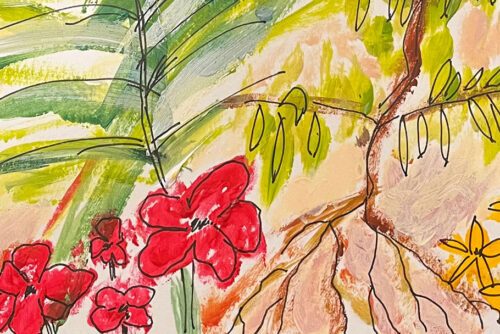This issue of Scholar and Feminist Online, “Undiminished Blackness: Zora Neale Hurston as Theory and Practice,” edited by Monica L. Miller and Tami Navarro, is both a celebration of the work of Zora Neale Hurston and an engagement with scholarship made possible by her innovations in theory, method, and practice. Emerging from the ZNH@125 symposium held at Barnard College in 2017, the contributors to this issue push disciplinary boundaries and take up Hurston’s legacy to confound such limits.
While Hurston is perhaps best known for her fiction writing, this issue reflects her embrace of interdisciplinarity. Importantly, a number of the contributors here take Hurston’s ethnographic work as their starting point, situating her as a major intellectual force within anthropology. As an anthropologist myself, I have long been taken with the epigraph to John Langston Gwaltney’s Drylongso, in which one of his informants declares, “I think this anthropology is just another way to call me a nigger.” Hurston’s work, and the pieces in this issue, seek to flip this insight on its head, putting the force of intellectual labor – anthropological and otherwise – in the service of theorizing Black and brown lives. As Miller writes in the introduction, Hurston’s work was grounded in “a sense of Black people as complete, complex, undiminished human beings.” The essays and videos in this issue have been curated in that spirit, and insist upon the full humanity of Black people as the starting point for intellectual inquiry and intervention.



